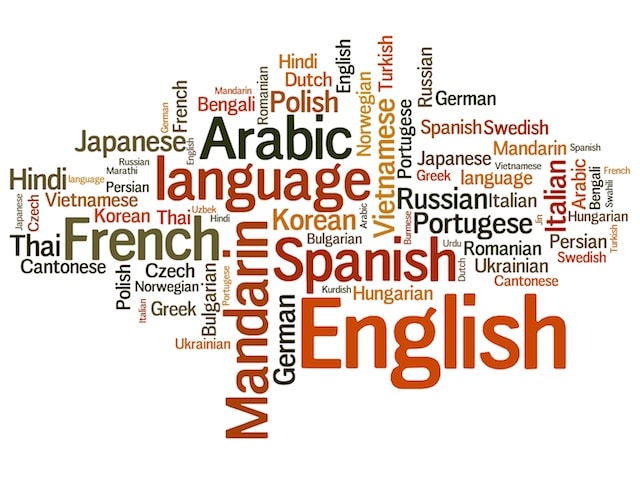LATIN LANGUAGE
Understanding The Latin Language & Providing Professional Latin Interpreters, Translators and Transcriptionists
American Language Services ? (AML-Global) understands the importance of working in the Latin language. For over a Quarter of a Century, American Language Services ? has worked with the Latin language as well as hundreds of others from around the world. We offer comprehensive language services 24 hours, 7 days a week worldwide by providing Latin interpreting, translation and transcriptions services along with hundreds of other languages and dialects. Our linguists are native speakers and writers who are screened, credentialed, certified, field tested and experienced in a number of specific industry settings. The Latin language is unique and has very specific origins and characteristics.
A Brief History of Latin and Its Present Use
Latin is an Italic language, historically spoken in Latium and Ancient Rome. Through the Roman conquest, Latin spread throughout the Mediterranean and a large part of Europe. Languages such as Italian, French, Romanian, Spanish, and Portuguese are descended from Latin, while many others, including English, have inherited and acquired much of their vocabulary from Latin. After the fall of the Roman Empire, Latin survived as the lingua franca of the educated classes in the west. Latin is now mainly used in science, academia and law.
Latin Script and Grammar
To write Latin, the Romans used the Latin alphabet, derived from the Old Italic alphabet, which itself was derived from the Greek alphabet. The Roman cursive script is commonly found on the many wax tablets excavated at sites such as forts, an especially extensive set having been discovered at Vindolanda on Hadrian’s Wall in Britain. Latin is a synthetic, fusional language: affixes (often suffixes, which usually encode more than one grammatical category) are attached to fixed stems to express gender, number, and case in adjectives, nouns, and pronounsa process called declension.
Latin in Modern Culture
The linguistic element of Latin courses offered in secondary schools and in universities is primarily geared toward an ability to translate Latin texts into modern languages, rather than using the language for the purpose of oral communication, as many modern concepts, such as those encountered in technology, have no accepted modern linguistic equivalents, and no formal organization for adopting new words.
Who are You Going to Trust with Your Vital Latin Language Needs?
The Latin language is an important language worldwide. It is vital to understand the general nature and specific idiosyncrasies of Latin. Since 1985, AML-Global has provided outstanding Latin interpreters, translators and transcriptionsts worldwide.
























